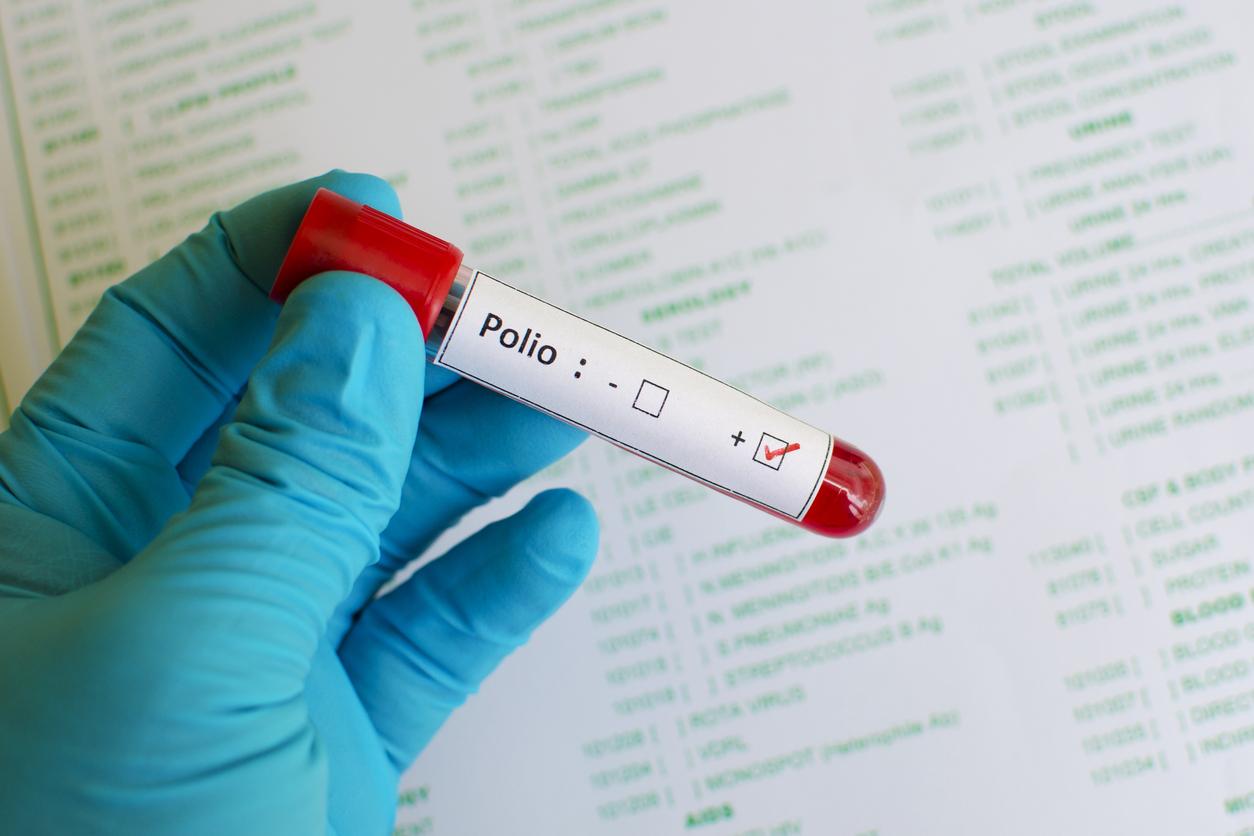A cancer epidemic could it soon hit Europe? According to a new report published on November 16 in The Lancet Oncology, 100 million screenings would have been lost due to the Covid-19 pandemic, with an unprecedented impact on the number of undetected cases, as well as on cancer research and services.
“To underscore the magnitude of this problem, we estimate that approximately 1 million cancer diagnoses could have been missed across Europe during the Covid-19 pandemic”, the study authors said. “There is emerging evidence that a higher proportion of patients are being diagnosed with advanced stages of cancer compared to pre-pandemic rates due to significant delays in cancer diagnosis and treatment.”they added.
A consequence of the reorientation of patients, prolonged closures or even involuntary postponements of hospitalization and screening caused by the pandemic. “We fear that Europe is heading for a cancer epidemic within the next decade if cancer health systems and cancer research are not given urgent priority.”said Mark Lawler, chairman and lead author of the commission.
Covid-19, war in Ukraine, Brexit…
These changes could both jeopardize patient survival and deliver a lower quality of life for all cancer patients in Europe.
Not only has the war in #Ukraine had an impact on #cancercare for Ukrainian individuals taking refuge across Europe, but it will also likely have a substantial effect on #cancer#clinicaltrial activity in #Europehttps://t.co/yh3xr52t99pic.twitter.com/y5Y0pvjt9r
— The Lancet Oncology (@TheLancetOncol) November 16, 2022
But other causes than the pandemic have been cited by researchers to justify this increase in undetected cases. The war in Ukraine could have its responsibility, especially because Russia and Ukraine are two major contributors to clinical cancer research in the world. According to them, Brexit could also have a negative impact on research.
“In the context of the Covid-19 pandemic, Brexit and the Russian invasion of Ukraine, it is more important than ever that Europe develops a resilient cancer research landscape to play a transformative role in the improving prevention, diagnosis, treatment and quality of care. The lives of current and future patients and those living beyond cancer”Lawler said.
What recommendations?
To limit the virulence of this coming epidemic, researchers are calling for better funding and more cancer prevention to limit the cases and thus have more resources for the sick.
“We think that 40% of cancers in Europe could be avoided if primary prevention strategies made better use of our current understanding of cancer risk factors”concludes Anna Schmütz, of the International Agency for Research on Cancer.
Source :
- European Groundshot – addressing Europe’s cancer research challenges: a Lancet Oncology Commission, The Lancet OncologyNovember 16, 2022


















